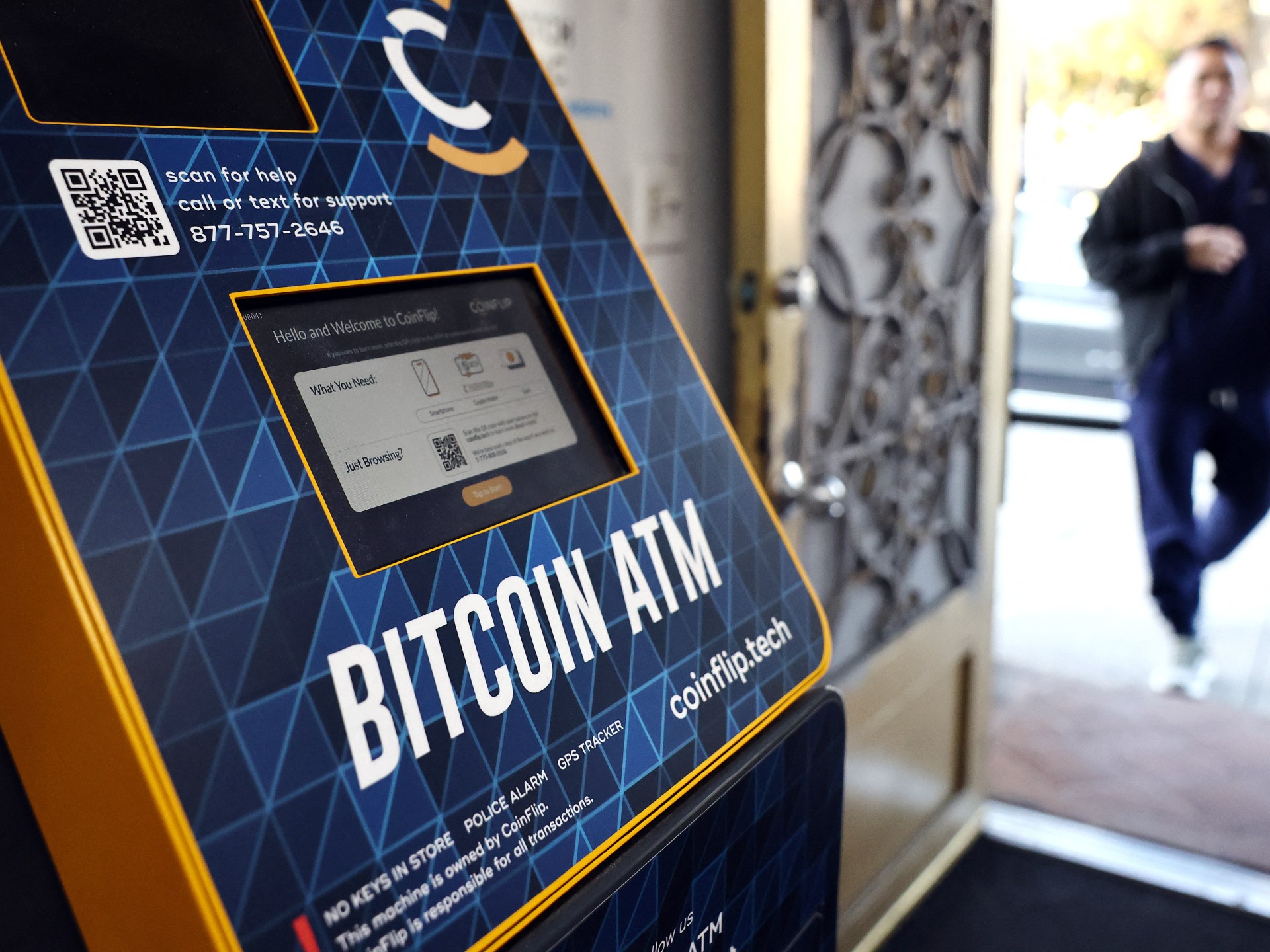Introduction
Once dismissed as a mere speculative asset, Bitcoin has emerged as a cornerstone of the modern financial narrative, captivating governments, banks, and investors alike. This article delves into the remarkable transformation of Bitcoin and the implications of its newfound legitimacy on the global economy.
A Thousand-Fold Increase: The Rise of Bitcoin
Over the past decade, Bitcoin’s value has soared dramatically, outpacing traditional investments like U.S. stocks and real estate by nearly 1,000 times. As the cryptocurrency reaches unprecedented heights, thanks in part to a shift in political attitudes, the perception that once relegated Bitcoin to the fringes is quickly evaporating.
Political Support and Regulatory Moves
With a renewed crypto-friendly stance from newly elected officials, including former President Donald Trump, Bitcoin’s rally has gathered momentum. Countries like El Salvador have recognized Bitcoin as a legitimate financial instrument, accumulating significant reserves and accepting it as legal tender. The U.S. Securities and Exchange Commission’s approval of Bitcoin ETFs marked a pivotal moment, allowing broader market participation.
Bitcoin: The ‘Digital Gold’
The U.S. Department of the Treasury has referred to Bitcoin as “digital gold,” noting its potential as a store of value. This designation aligns with the views of many financial titans, including BlackRock’s Larry Fink, who has recently likened Bitcoin to gold, reflecting its growing acceptance among institutional investors.
The Intersection of Economics and Bitcoin
As economic instability affects various regions—highlighted by extreme inflation in countries such as Argentina—Bitcoin has gained traction as an alternative asset. Investors are turning to Bitcoin not just as a speculative play but as a safeguard against the devaluation of their local currencies.
Future Prospects and Volatility
Despite the optimism surrounding Bitcoin, volatility remains a critical concern. Its value can fluctuate dramatically, as seen with its sharp drop after hitting $107,000. Skeptics argue against its sustainability, warning that Bitcoin may represent more of a bubble than a legitimate investment.
Emerging Central Bank Digital Currencies (CBDCs)
The conversation around Bitcoin is paralleled by the rise of Central Bank Digital Currencies (CBDCs), with governments exploring their own digital currencies as solutions to economic problems. Observers caution that CBDCs could complicate the financial landscape, raising questions about government control and privacy.
Key Takeaways
- Bitcoin’s value has dramatically increased, attracting serious attention from governments and financial institutions.
- Growing political support and institutional investment signal a significant shift in the cryptocurrency’s legitimacy.
- While Bitcoin offers a hedge against inflation, its volatility poses a challenge for long-term investors.
- The rise of CBDCs introduces new dynamics to the conversation about digital currencies and government intervention.

